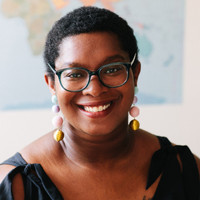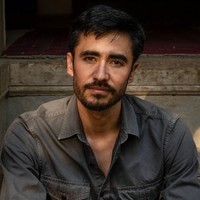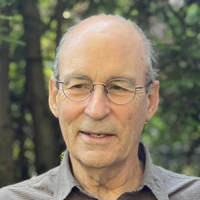Boob Job: How The Chive Built an Empire Out of Bro-Bait
Chivers (men who read The Chive) are quick to emphasize that the website is about more than hot women. It’s a community of people who prioritize friendship and charity above all else—except, perhaps, having a good time. Chivers are veterans, first responders, Midwesterners. They might be Republicans, but you can’t say for sure because The Chive never talks about politics.







